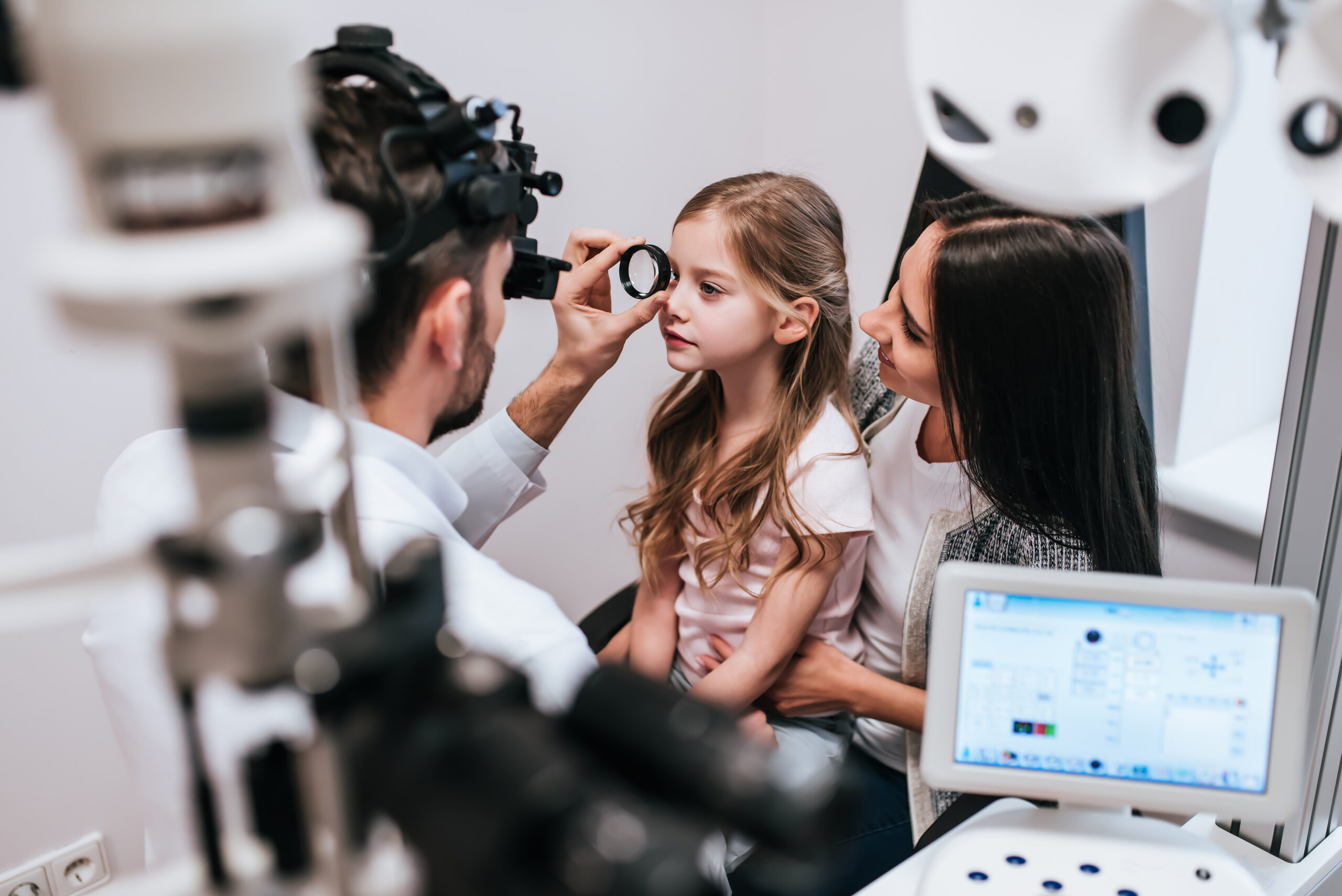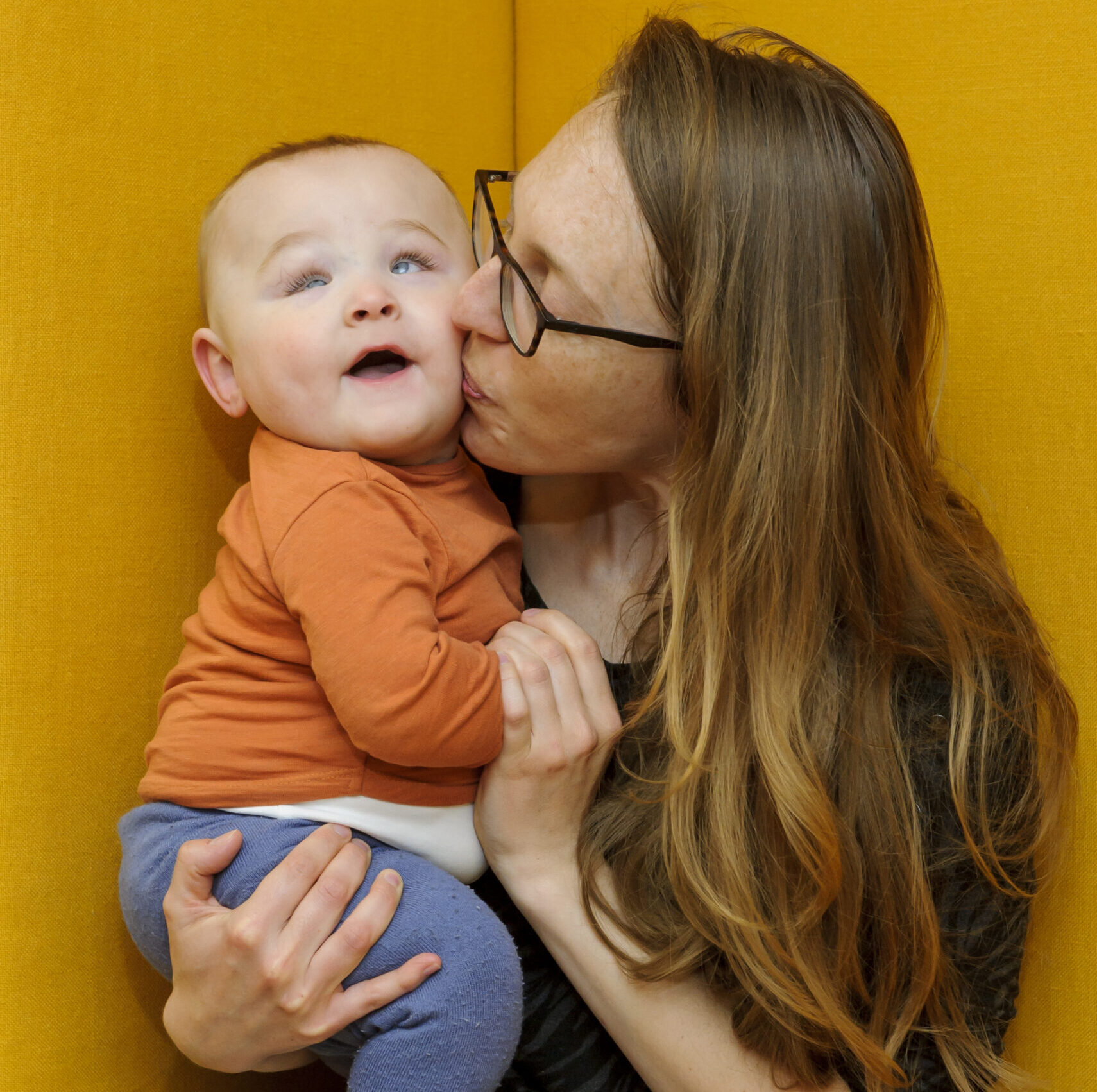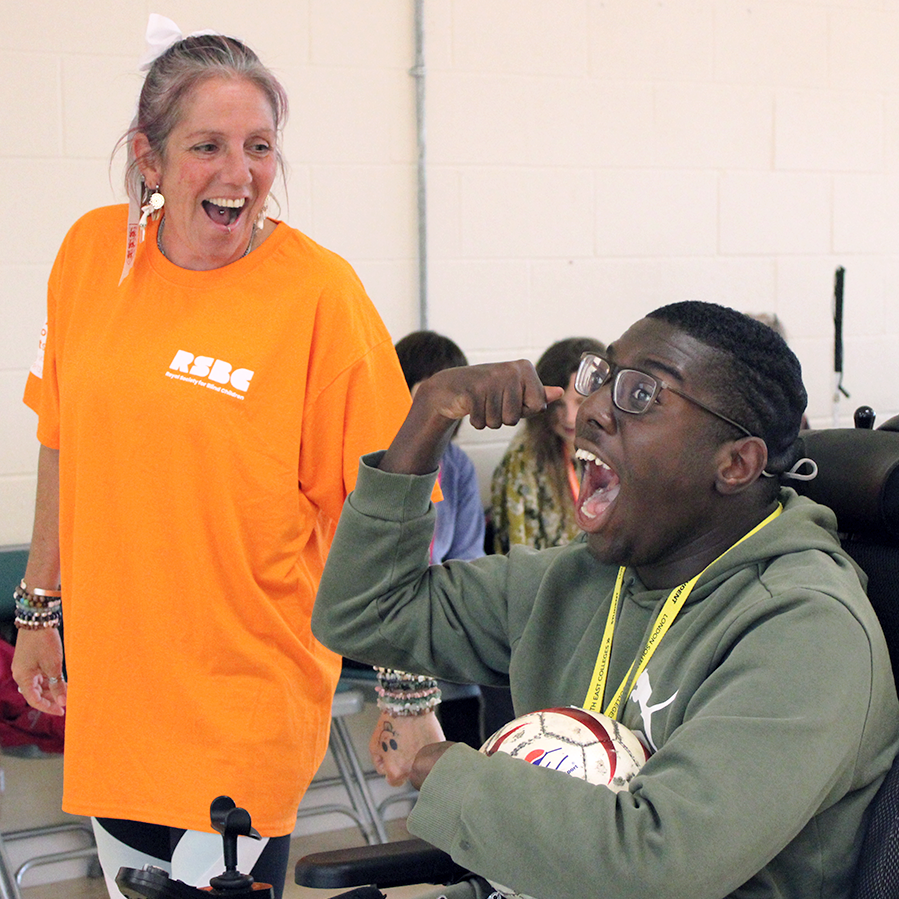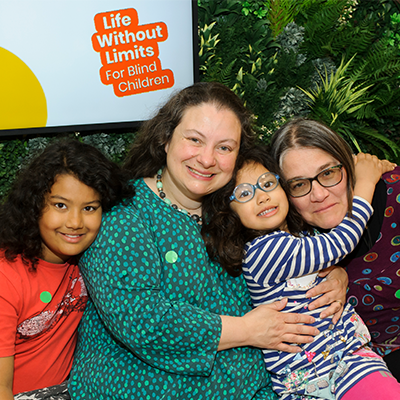The life of a Family Practitioner: Jeanette’s story
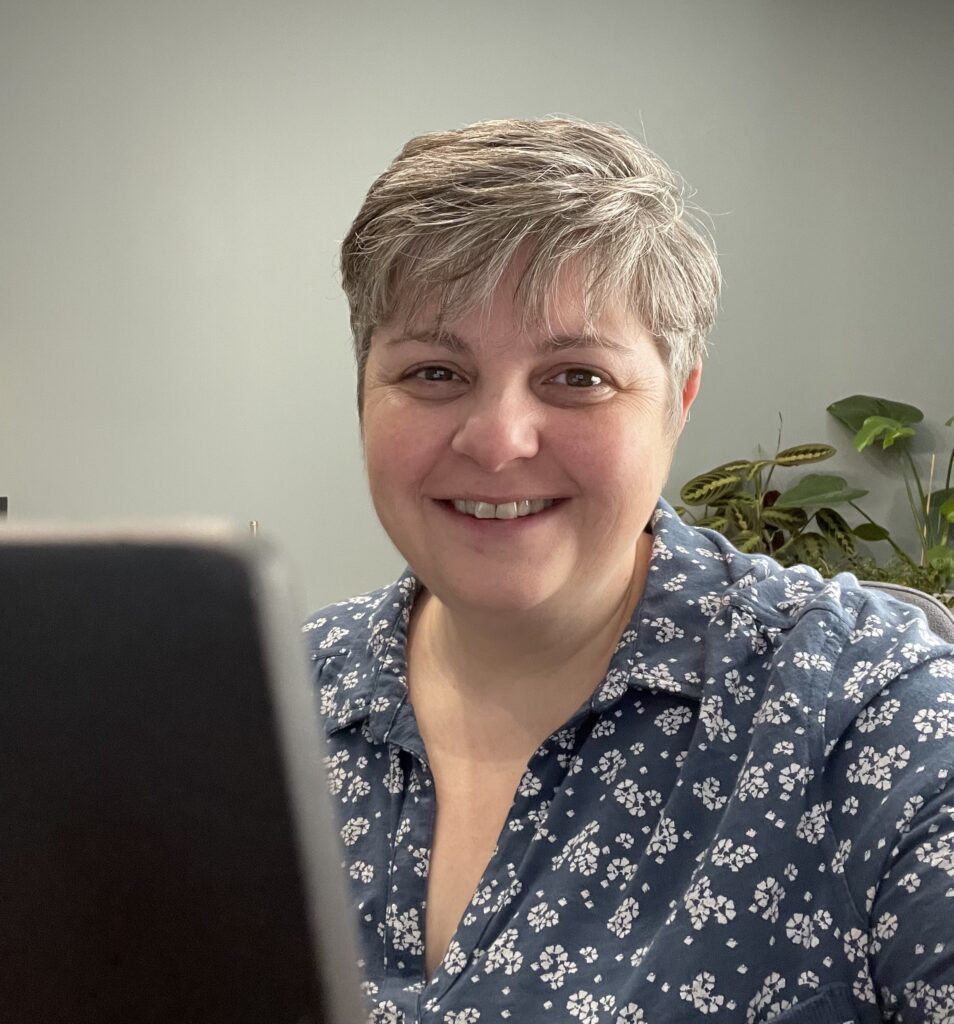
Jeanette, Family Practitioner
Jeanette’s worked for RSBC for more than 3 years, covering the North East of England – an area from the Scottish border in the north to the Yorkshire border in the south, and stretching as far west as Cumbria. As a Family Practitioner, she supports families with blind and partially sighted children and young people, helping them to overcome challenges by developing improved resilience, wellbeing and coping strategies.
Tell us a bit about your career background, Jeanette?
I suppose I have quite a varied background, but one thing that all my jobs have had in common is that they’ve involved helping people.
I held a similar role before that in a charity for children with ME, and worked at a local university as a mental health advisor and counsellor. Both positions were similar in some ways to what I do now, as they involved working with families and providing support.
I worked for the Probation Service previously, too. I always wanted to be a counsellor, and it was this job that inspired me to qualify in that area. Being an RSBC Family Practitioner is my favourite of all my roles, though!
What does a working day typically look like for you?
There isn’t really a typical day – that’s one of the reasons I enjoy my job so much!
Many referrals to us are sent by Qualified Teachers of Children and Young People with Vision Impairment (QTVIs). Demand can be high, and cases I look after can be complex, with a mix of different challenges.
How my diary looks will depend on the kind of appointments I have scheduled. For external appointments where I need to be physically present, for example, I’ll factor in travelling time.
Most of my appointments with primary school-age children are in a school setting. It’s a more productive place for them – with fewer distractions, they’re better focused. And it can be a more confidential space than home, too, where they’re happier to speak freely.
Teens can prefer online interaction, but it varies – I’ll do whatever’s best for their situation. It’s so important for us to deal directly with the child or young person to help overcome any challenges.
A lot of my work is with parents, too, and they also need a space where they can focus and speak freely and privately, so I may visit them at home.
I support the whole family, holding the professional line so they can confide in me as an intermediary. Many parents find it hard to navigate all the professions and systems, or feel that their voices aren’t being heard. I can provide guidance and support and make sure the right people from various agencies are involved, so they can advocate for their child.
We assess families’ suitability for our Families First service, so my day could also feature introductory appointments to understand this. I may refer them to another organisation such as Child and Adolescent Mental Health Services, if I believe it’s more appropriate.
I may have regular sessional appointments to carry out, and I’ll also have admin tasks to do, like writing up notes after each session. I might research resources, or signpost parents to the right place for their needs. And I co-host an online group for young people who are moving from primary to secondary school, too. I’m always learning something new!
What do you like most about your role?
The people! I’m privileged to be let into the lives of children and young people and their families, and RSBC is such a friendly organisation.
It’s rewarding working with families and making a positive impact. Hearing how a child has started to engage more with other children, or how a teenager has been using their cane more to move around their school, really spurs me on. And the QVTI’s I work alongside can provide great feedback as well.
Like all jobs, it can have its stresses. Some of the cases we work on can be challenging, but RSBC helps me manage things well through clinical supervision and peer support. I never feel like I’m on my own.
I can shout out to my team for ideas – working remotely, we have to communicate differently. That took a little bit of getting used to originally – I’d been used to making tea and chatting to my colleagues in person! If I message my team looking for advice or support, they’re there for me, and knowing that is invaluable.
In your opinion, what are the most essential skills for a Family Practitioner?
Firstly, great communication skills, as we speak to a variety of different people at different levels, from children to parents to professionals. We need to find out how to get past a child’s barriers so that they’ll open up, for example, and that takes resourcefulness and flexibility.
Being inquisitive is a great skill, so that we know what’s going on in the background for families to get the best results for them. We’re not counsellors in this role, though we frequently use counselling skills for emotional wellbeing – we’ll refer young people to the appropriate source of support if they need counselling. Patience is also required – it takes time to see results, and we generally work with families for at least six months.
Working independently, time management and also being active in supporting others in the team are key, too.
What would you say to someone who’s thinking about applying for a Family Practitioner role at RSBC?
Do it! I love the variety in my role. I get to meet a diverse range of people and support positive change. If you’re passionate about fairness and equality and believe that children and young people with vision impairment should have every opportunity to succeed, then it could be right for you.
